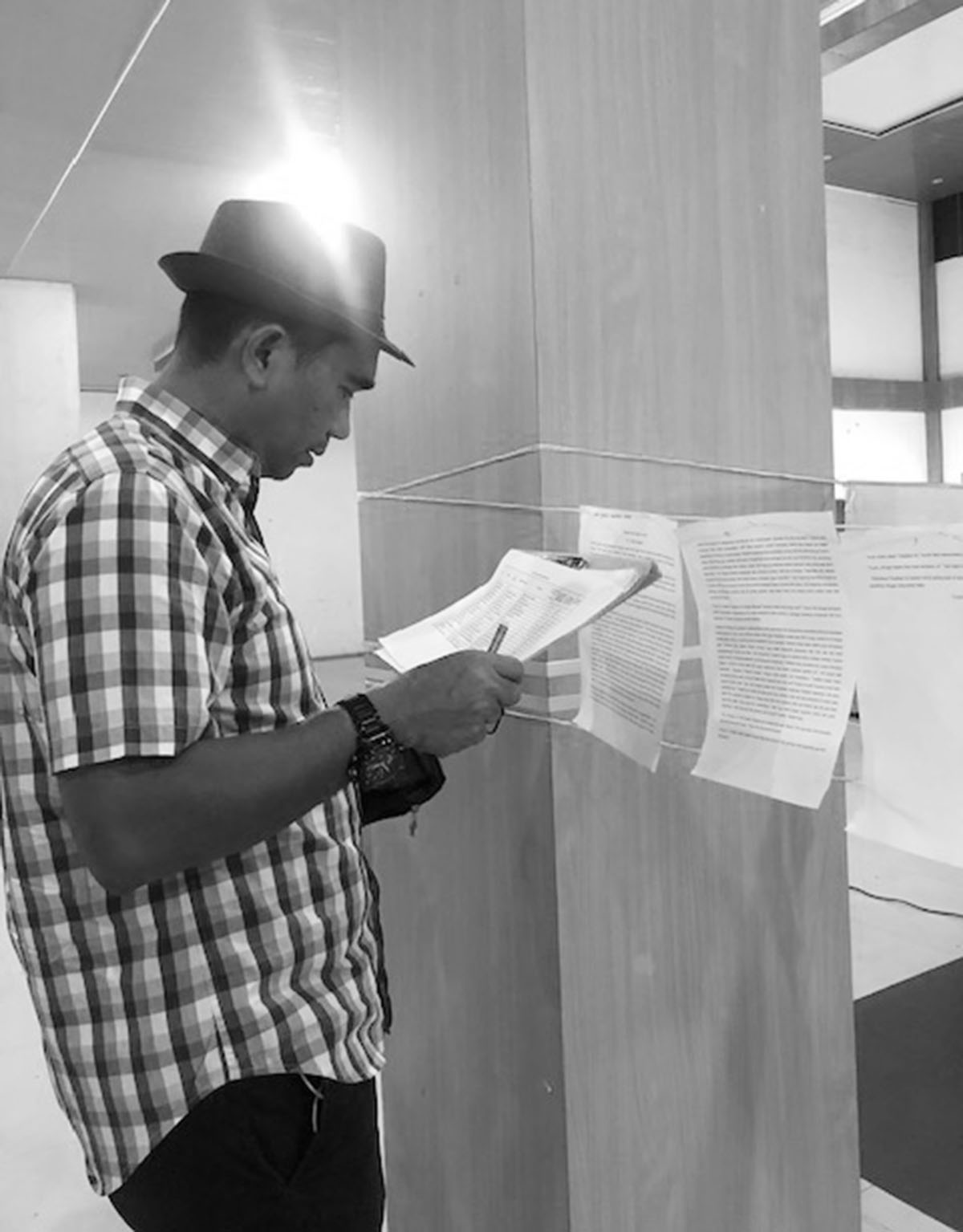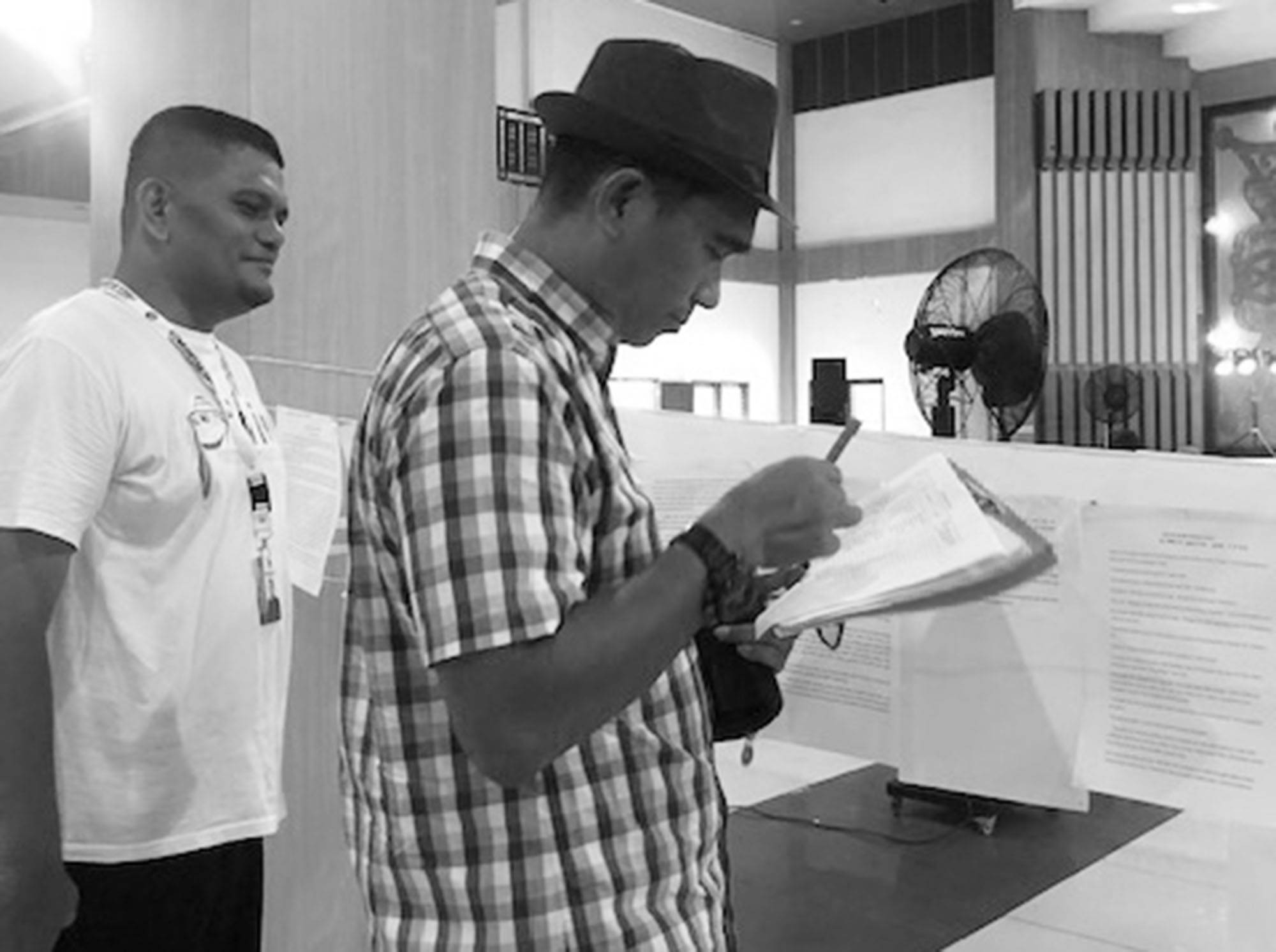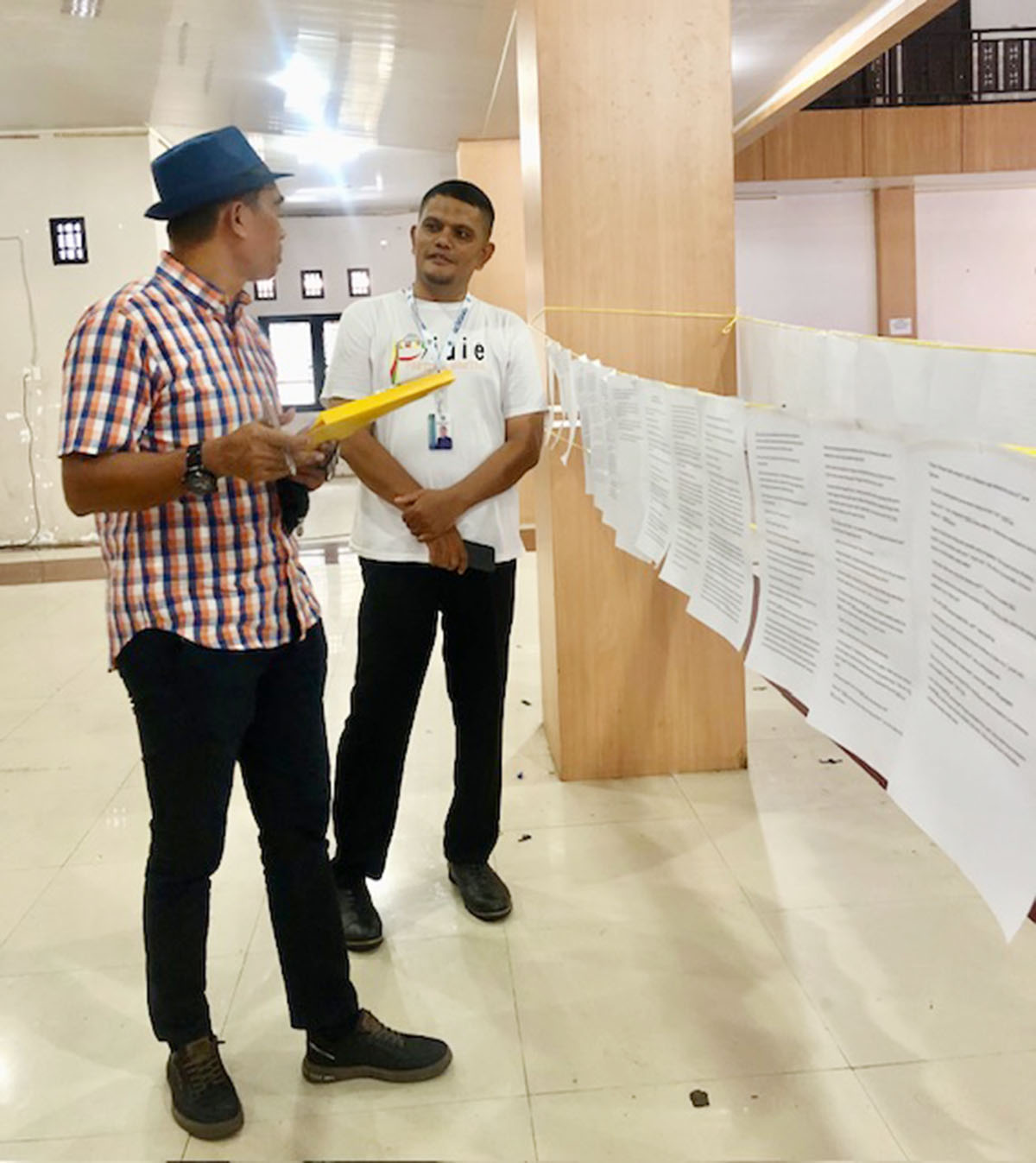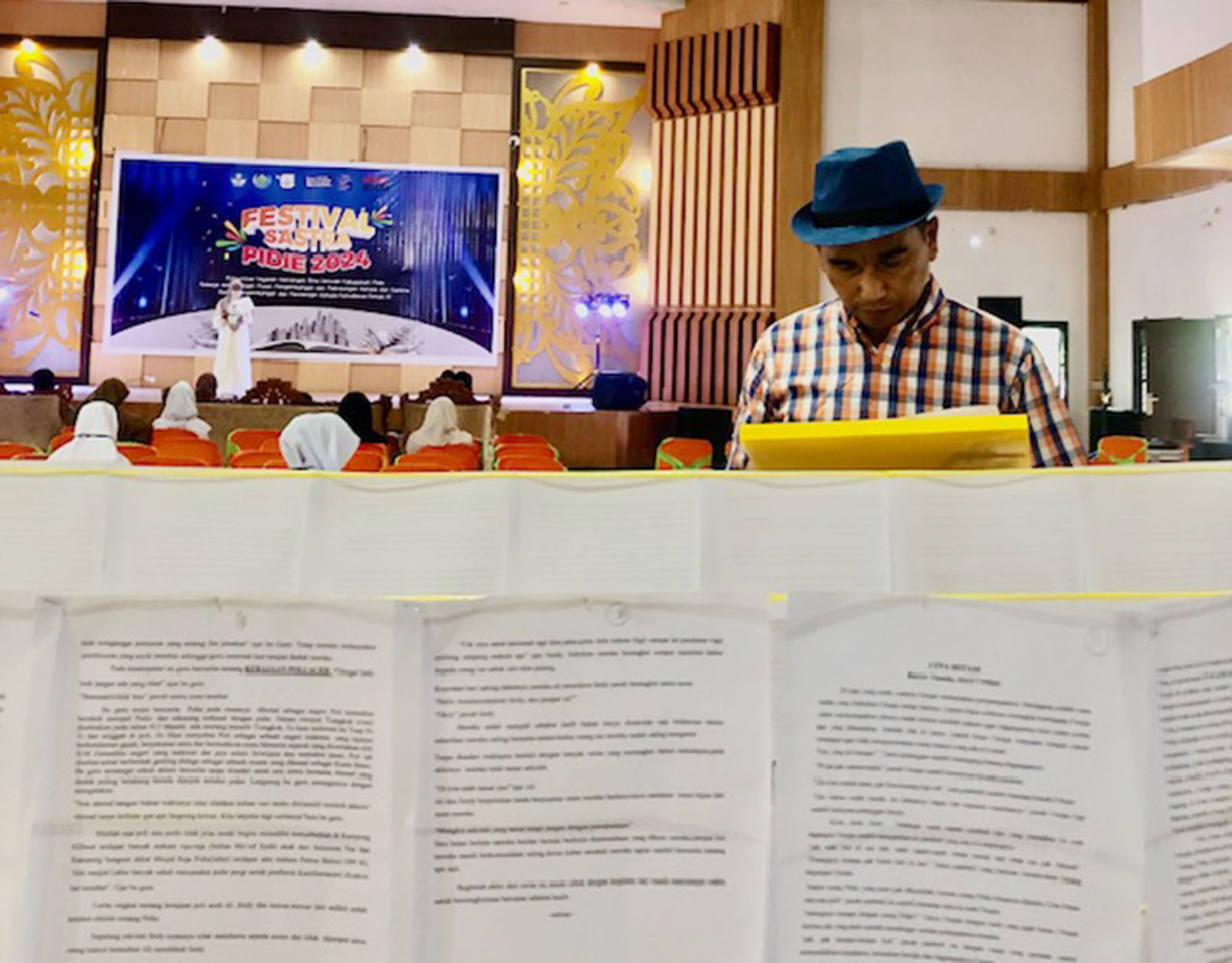Strategy for Writing a Short Story in One Sitting |

By @ayijufridar
When invited to give short story writing workshops, I often bring up the topic of the strategy for writing a short story in one sitting. How is this possible?
This isn't a sweet phrase to motivate young writers, but I've proven it many times. I dare to raise this topic because I've put it into practice frequently. Writing a short story in one sitting isn't impossible.
What's the strategy?
Definition of One Sitting
"One sitting" means that a short story can be completed in a few hours, say 5-8 hours. This doesn't mean you have to sit for eight hours without moving, causing your chair to burn from the heat.
"One sitting" means you can finish the short story without being distracted by other work. However, you might use the restroom, grab a snack, or answer an important phone call (but it's recommended not to do it too often, as it can disrupt concentration).
Writing a short story in one sitting is a challenging but effective approach for producing concise, focused, and creatively energized work.


Nine Strategies
Here's a step-by-step strategy to help you write a short story in one sitting, taking into account both time efficiency and creativity:
Initial Preparation (5-10 minutes)
Before writing, you should have a simple idea in mind. For me, finding a beautiful and captivating first sentence is difficult, but don't burden yourself with a sentence that's immediately captivating.
Just write it down, and you'll have time to edit it later. If you don't have a basic idea, it will take a long time to get started on the first sentence. The first sentence could end up being the last, and that would be a disaster.Set a Target
To stay focused, set a target of completing the short story in (say) 6 hours. You must be consistent with this target to achieve it. Don't entertain yourself with various excuses for procrastination. Imagine, if the short story isn't finished in 6 hours, the people you care about will die!
Sounds cruel? But under these circumstances, the target will miraculously be achieved!Prepare an outline or references (if necessary)
This only applies to those who need guidance in writing. Typically, writing a short story doesn't require an outline or references. However, there are certain short story themes that aren't your area of expertise that require references. If you need them, you should have a complete reference before starting. Don't look for references mid-stream.Write quickly
Writing quickly can be practiced. Once you get used to it, you'll be able to write with all 10 fingers as fast as you can think.
Writing is a combination of mental work, physical movement, and imaginative wandering, all connected in a unified, mutually supportive combination. If one aspect gets stuck, your writing fluency will be disrupted.


Focus and concentrate. Avoid noise, especially gadgets.
There are many distractions when writing, especially gadget notifications, which are a regular part of life, including breaks. If you're easily distracted, it's best to put away gadgets and all other tools or anything that could break your focus and concentration.Don't edit while writing
Don't edit while writing, as this can lead to writer's block. Keep writing, even if there are many mistakes and typos. Once you're finished, allocate time for writing.Set Aside
Writing quickly doesn't mean rushing. There's a fear that short stories written quickly won't be of good quality. This is a misconception. I've proven it. Several short stories I wrote quickly were accepted by mainstream media in Indonesia with strict selection standards.
Once finished, set aside the manuscript. You can do other work that may or may not be related to writing short stories. For example, you can read, watch, sing, exercise, complete light routine tasks like washing dishes, or do anything that takes your mind and heart away from the short story you've already written.
Letting your short story manuscript settle will make it mature and interesting to read.Reread, edit, and revise
Now, after you've distanced yourself from the short story, reread it and edit and revise it. How many times should you ideally reread? Every writer has different habits. Haruki Murakami, a Japanese writer, rereads at least four times. I usually reread it three times under different circumstances. But some people read it only twice and have it accepted by the media.

Tips for Staying Productive
a. Use the Pomodoro Technique: Write for 25 minutes straight, take a 5-minute break, then continue. This helps maintain focus in short sessions. However, some people find this strategy unsuitable. If you don't write straight through to completion, you'll never get the writing done. You know your character best, so you can decide whether or not to use this strategy.
b. Avoid Perfectionism: Accept that the first draft won't be perfect. The goal is to finish the story, not polish it.
c. Limit the Length: If a short story feels too long, focus on just one main scene with a short duration (for example, an hour in the character's life). In some mainstream media in Indonesia, short stories are only 900-1,200 words long, so they're most likely to be finished in one sitting!
That's the strategy I've summarized from my experience. There are many strategies available in various references. Not all of them are suitable for everyone. The most effective way is to keep trying, trying, and trying until you find your own strategy.

Photos of the Literature Festival in Sigli, Pidie (Aceh, Indonesia) on October 22, 2024. Previously, short story writing training was held for high school students in Pidie.
god bless you